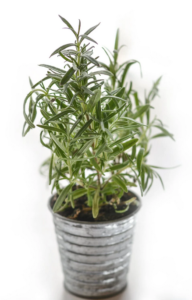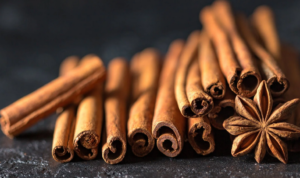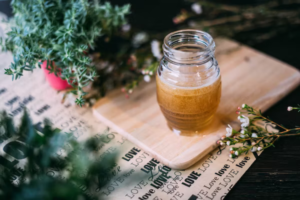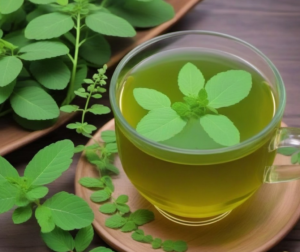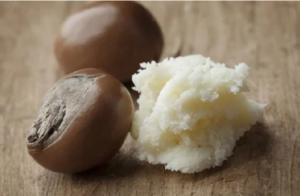Peanut butter has transformed in a society more aware of food sources. Gone are the days of fake and contaminated spreads. Those spreads harmed our health and the environment. Today, we explore the nutty world of organic peanut butter. Here, history meets sustainability, and healthy flavor positively impacts our health and the environment.
A Glimpse into the Past

The history of peanut butter is one of invention. Its origins may be traced back to the Aztecs and Incas, who mashed roasted peanuts into a paste. Dr. John Harvey Kellogg, the cereal guy, developed a method for making peanut butter in the late 1800s. He aimed to provide a protein source for people with bad teeth. Today, it’s a pantry staple all around the world.
The Surge in Popularity: Peanut Butter Trends
The range of uses and cheap price of peanut butter contributed to its explosive increase in popularity. During the 1930s Great Depression, many families struggled to make ends meet. Peanut butter emerged as a flexible and affordable source of sustenance. Its low cost and long shelf life served as a lifeline for families in need.
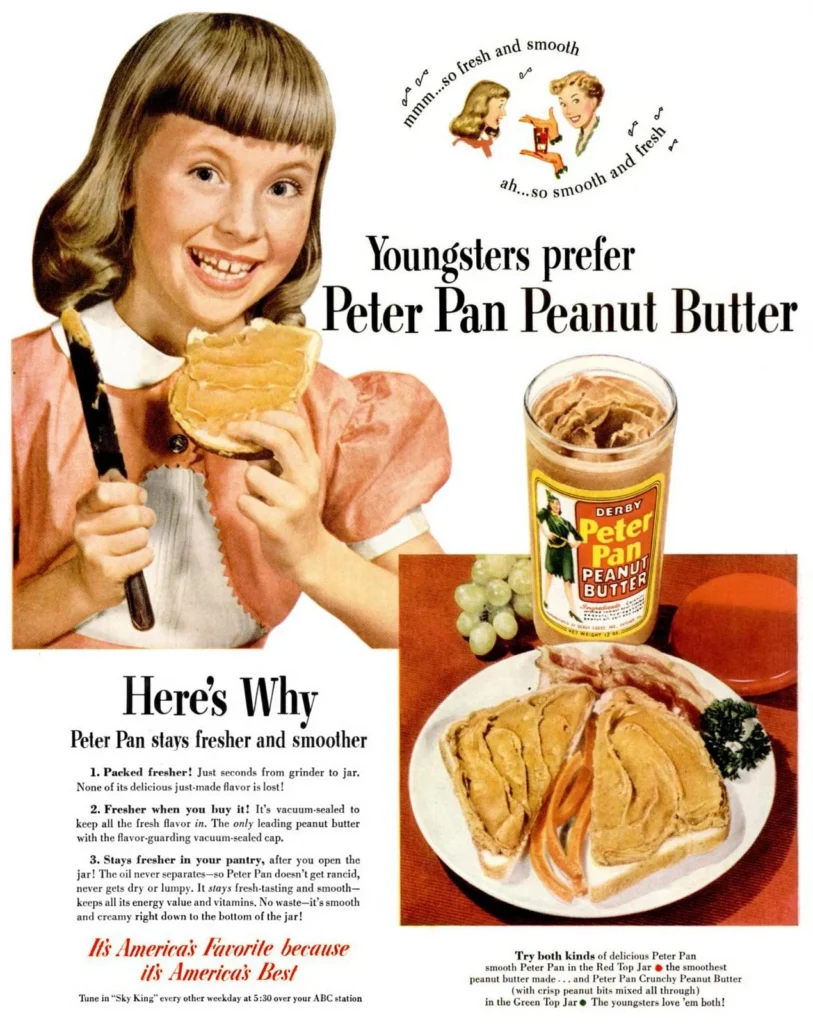
The allure of peanut butter went far beyond its financial benefits. It became a standard in kitchens throughout America due to its wide range of applications in sandwiches, snacks, and different culinary specialties. Families discovered they could use peanut butter in recipes for soups, stews, and baked goods. They combined it with jelly or jam for a sweet and savory treat. They also spread it on bread for an easy and filling sandwich. Due to its versatility, it became a valuable component of numerous homes’ everyday meals.
The Dark Side of Conventional Peanut Butter: Unmasking the Harm

Commercial brands began introducing ingredients including trans fats, high sugars, and hydrogenated oils as a result of peanut butter’s enormous popularity. The advantages of natural peanut butter for health were damaged by these changes. Due to their associations with obesity, cardiovascular illnesses, and hastened aging, trans fats in particular have caused worry. Consuming too much sugar also posed hazards, as it led to weight gain and skin problems like early wrinkles and acne. Additionally, typical peanut butter’s hydrogenated oils have been linked to heart disease and other serious illnesses. As a result, people who are concerned about their health are turning to natural peanut butter, putting an emphasis on purity and wholesome ingredients to maintain the nutritional benefits without the drawbacks of commercial variants.
Sustainable Alternatives: A Wholesome Choice
These health worries sparked the organic peanut butter revolution. The peanuts used to make organic peanut butter are farmed without the use of hazardous chemicals or synthetic pesticides. The outcome is a healthy, natural, and long-lasting substitute.
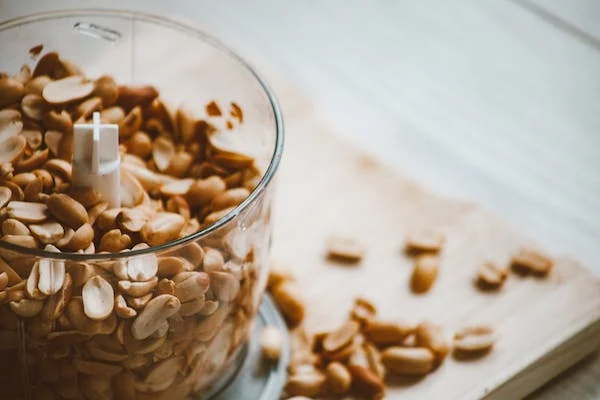
The main goals of organic farming are to protect soil quality and foster biodiversity. You consciously decide to support ecologically friendly agriculture by selecting organic peanut butter. This not only lessens carbon emissions but also defends ecosystems and the planet’s future.
Notable Organic Peanut Butter Brands: A World of Choices
- Once Again Nut Butter: A pioneer in the organic nut butter industry, committed to sustainability and quality.
- Santa Cruz Organic: Renowned for their pure and simple peanut butter, made from USDA-certified organic peanuts.
- Artisana Organics: Creators of small-batch, pure, and raw peanut butter.
- Wild Friends Foods: An innovative brand offering a variety of flavors, committed to using only real, organic ingredients.
Organic peanut butter isn’t just a food choice; it’s a statement. It’s a commitment to your health and the well-being of the planet. As you indulge in that creamy goodness, remember that your choice has the power to shape a more sustainable and nourishing future. So, go ahead, spread the love, one organic peanut butter jar at a time, and savor the taste of a healthier, more sustainable tomorrow.
